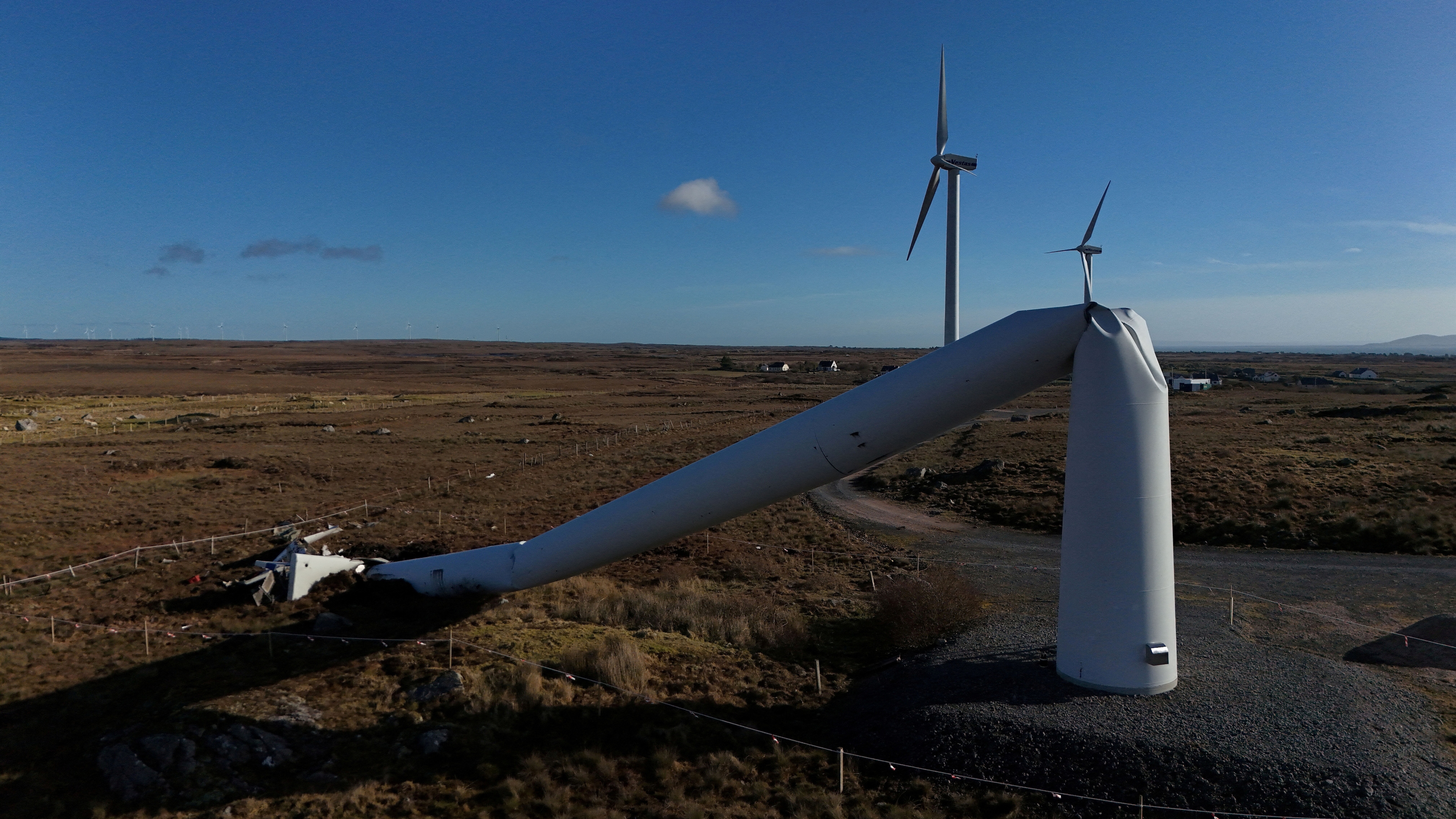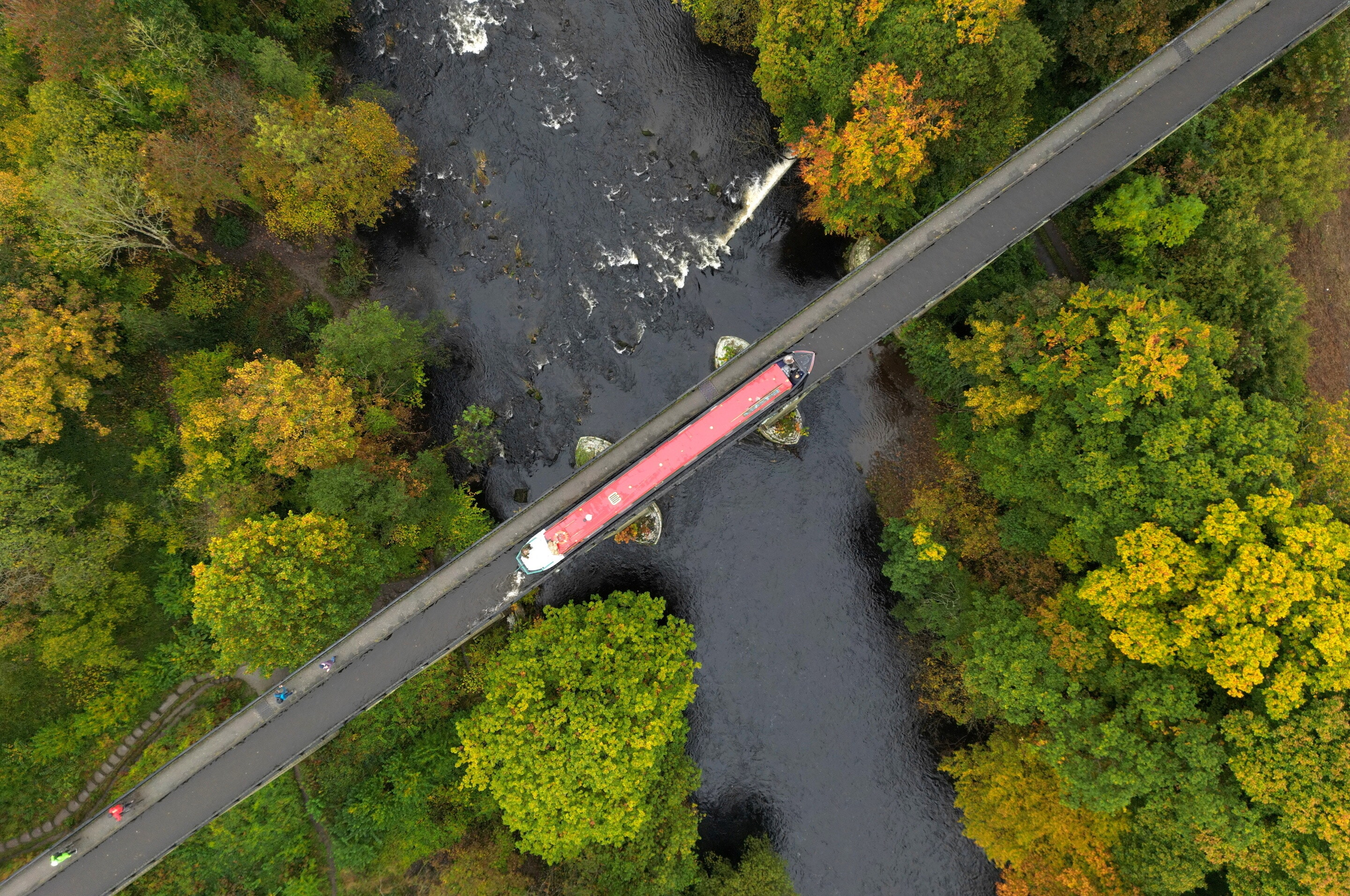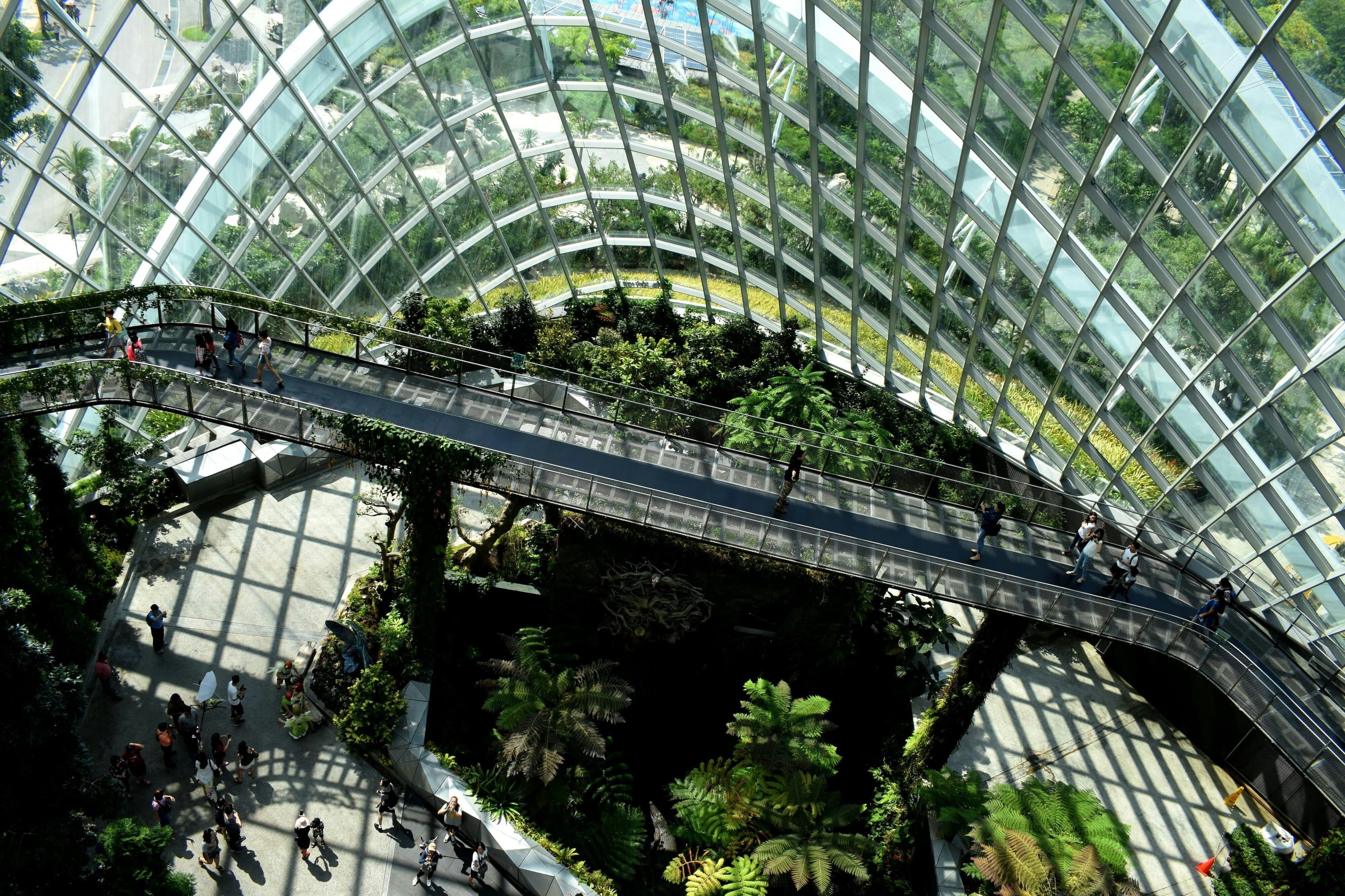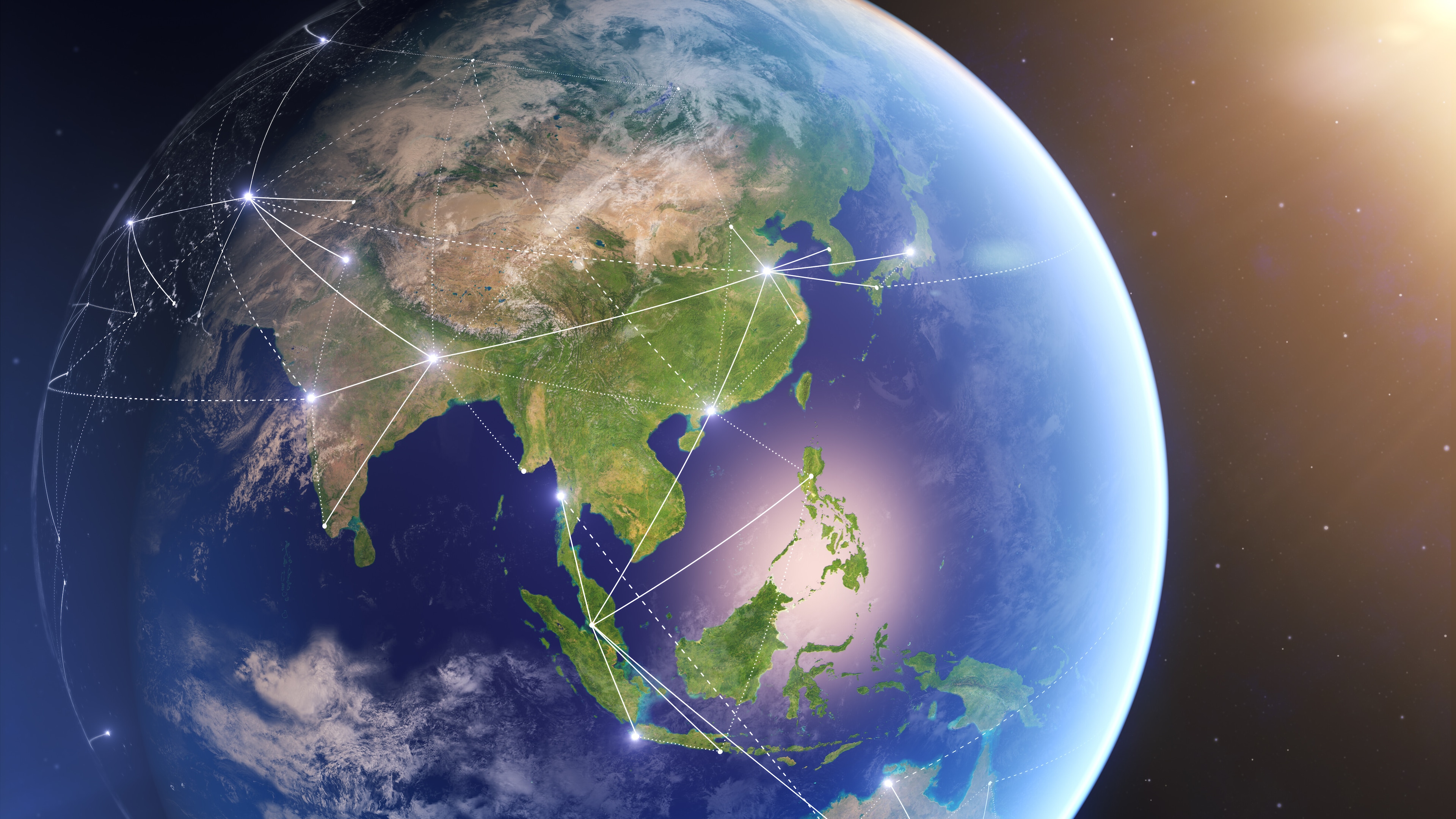How companies can succeed in the 'Golden Age of the Consumer'

Themes like personalization, simplification and convenience will be central to this retail experience.
Image: REUTERS/Stefan Wermuth
Stay up to date:
Future of Consumption
The next decade will welcome the "Golden Age of the Consumer”, according to the World Economic Forum’s groundbreaking new report: Shaping the Future of Retail for Consumer Industries. During this new era, the consumer packaged goods (CPG) industry will witness an unprecedented shift in how people buy and what they expect from the industry. With exponential growth in product choices, any pain point in the shopping experience is ripe for disruption, as the consumer will have more influence in the entire value chain. Themes like personalization, simplification and convenience will be central to this retail experience – which is anticipated to be the most drastic shift in the CPG landscape in decades.
Indeed, the Shaping the Future of Retail for Consumer Industries report, which launched at the 2017 World Economic Forum Annual Meeting at Davos, states that these forces will cause retail to change more in the next 10 years than it has in the past 40 years. Why? Because an increasingly empowered shopper paired with new, disruptive technologies will cause a fundamental ground shift in the retail landscape, and consequently, how CPGs like The Coca-Cola Company go to market.
As co-chair of the World Economic Forum’s Global Future Council on the Future of Consumption, I work with a cross-section of industry thought leaders who span the value chain from consumer brands, retailers, logistics, payments and technology companies who increasingly participate in some or all of those components. We are collaborating to anticipate and grapple with these shifts in the industry. While the pace of change can be daunting, I encourage companies to get started sooner rather than later, and the report has several examples of those who are already seizing the opportunity.
To be sure, the impact of these change will have a notable ripple effect beyond the shopper experience. As multinationals are increasingly recognized as playing a critical role in geopolitical stability and economic wellbeing, business, government and civil society must partner together effectively address the social implications of the industry’s anticipated transformation, such as store closures, employment impact (job loss/reskilling) and the resulting environmental impact from the changes in consumption patterns. As we future proof our business for an evolving retail landscape, we must also do so in a way that ensures positive outcomes for society and the environment.
The report calls out four main ways retailers and CPGs can set their industries on a path for success in the “Golden Age of the Consumer”:
Building a greater understanding of and stronger connection with increasingly empowered consumers.
Empowered by technology, choice and control over their shopping experience will drive consumers’ decisions as much as traditional motivators like cost and convenience. With this monumental influx in choice and control, loyalty will become more fragile, and the consumer will become more empowered. To compete, businesses will have to remain agile, constantly innovating and disrupting themselves by embracing new technologies that enable them to meet the high standards and expectations of the consumer.
Rapidly adopting game-changing technologies.
Over the next 10 years, the Internet of Things, Autonomous Vehicles, Drones, Robotics and Artificial Intelligence are predicted to be most transformational technological advances for retail and CPG industries. Each of these disruptive technologies have widespread applications within the industry, and they have the ability to drive efficiencies and labor transformation. Businesses will only succeed insofar as they maintain a relentless focus on using technology to improve the shopper experience.
Unlocking the power of transformative business models in both physical and digital spaces.
Over the next decade, the line between online and offline will continue to blur. While e-commerce penetration is projected to grow from approximately 10 percent today to greater than 40 percent, the physical store will continue to be the channel that contributes the most revenue for large multichannel retailers until 2026. However, the value proposition of the physical storefront will be driven by retailers’ ability to become a platform for discovery, engagement, experience and interaction – leveraging technology for experiential, social engagement with shoppers.
Redefining and building key future capabilities.
Retail players will have to form ecosystems and “coalitions of the willing” to meet heightened expectations of consumers. First, the industry must adopt a partnership mindset and form intra- and extra-industry partnerships, and public-private partnerships, to keep up with and manage the impacts of rapid technological change. Second, industry must adopt innovative last-mile delivery systems that are cost-effective, eco-friendly and consumer responsive. And third, the industry must advance consumer data science and leverage Big Data as a driver for scaled, systemized and enhanced decision-making across the entire value chain.
As always, great opportunities are coupled with great challenges. There is a high cost to implementing new technologies, and inspiring a major cultural change in an organization is difficult. Companies’ agility and cultural ability to adapt to change will be a differentiator among organizations and competitors. Public-private partnerships will prove more important than ever as business, government and civil society must proactively address the impact of this transformation on society and the environment, working together to shape positive outcomes.
Click here to read the full report by the World Economic Forum.
Don't miss any update on this topic
Create a free account and access your personalized content collection with our latest publications and analyses.
License and Republishing
World Economic Forum articles may be republished in accordance with the Creative Commons Attribution-NonCommercial-NoDerivatives 4.0 International Public License, and in accordance with our Terms of Use.
The views expressed in this article are those of the author alone and not the World Economic Forum.
Forum Stories newsletter
Bringing you weekly curated insights and analysis on the global issues that matter.
More on BusinessSee all
Jan Oliver Schwarz and Katharina Kleine
August 12, 2025
Elizabeth Henderson and Daniel Murphy
August 8, 2025
António Costa
August 6, 2025
Mauro Gianni and Isidora Kosta
August 4, 2025
Charlotte Degot
August 4, 2025
Li Dongsheng
July 31, 2025





